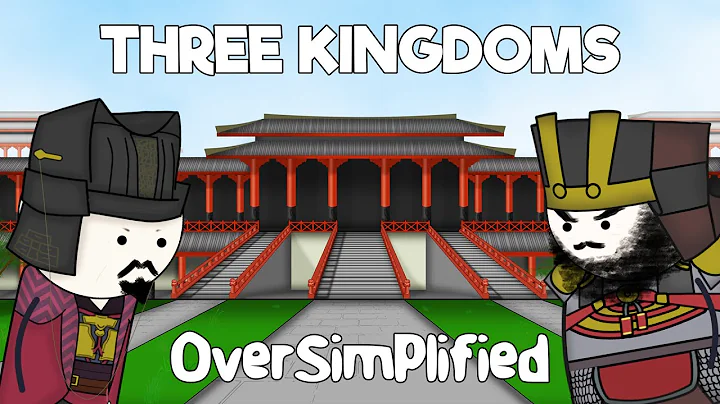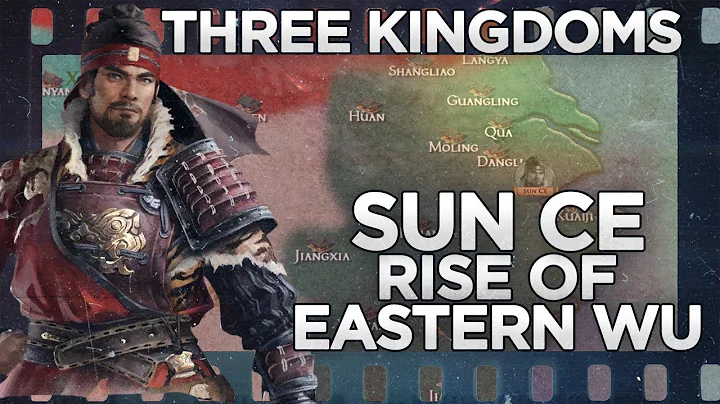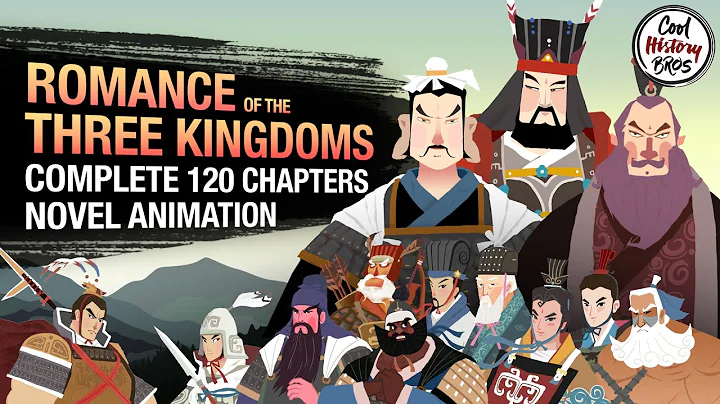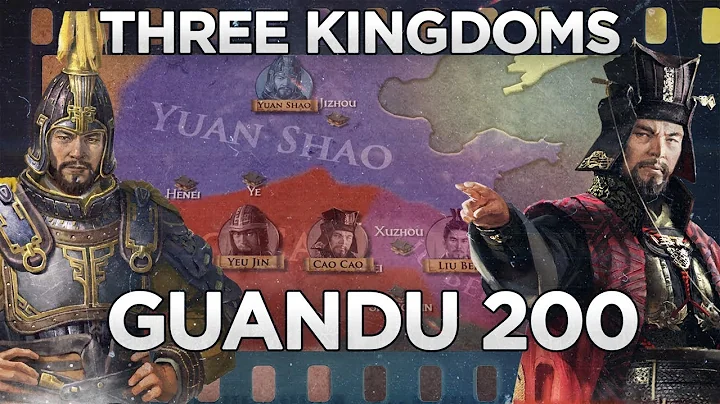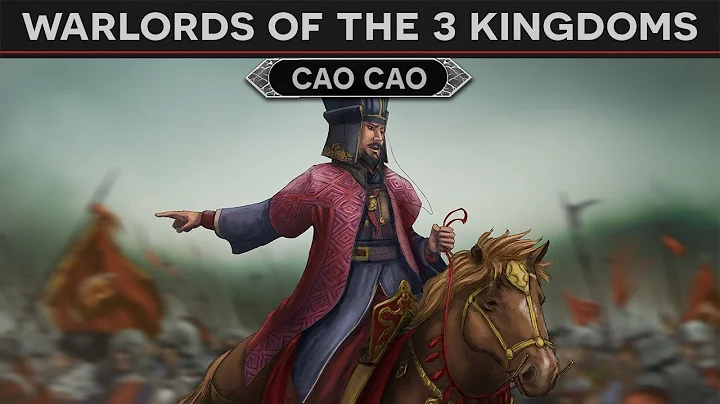Hello everyone, I am learning from history.
The story of son of plane Liu Xiu is familiar to everyone. Some people ask why Liu Xiu’s son Liu Zhuang’s posthumous name is Emperor Xiaoming of Han Dynasty , and his grandson Liu Jin’s posthumous name is Emperor Xiaozhang of Han Dynasty. Before , was the emperor of Western Han Dynasty . Except for Liu Bang, whose posthumous title was Emperor Gao , the others were also Emperor Xiaowen of the Han Dynasty, Emperor Xiaowu of the Han Dynasty...
Why was Liu Xiu the only one to die after his death, the fourth son of Liu Xiu who succeeded him was buried Emperor Ming of the Han Dynasty Liu Zhuang Liu Xiu was buried in the original mausoleum, and he went to the temple with the title of Shizu and his posthumous title of Emperor Guangwu.

First, let’s take a look at how the posthumous titles given to emperors were arranged in ancient times:
Posthumous titles are divided into three grades: upper, middle and lower:
The superior posthumous titles are: Wen, Wu, Ming, Zhao, Lie, etc. ;
Take the Three Kingdoms period, which is often written about as a mirror, for example. Cao Cao was posthumously named Emperor Wu of Wei , Cao Pi was posthumously named Emperor Wen of Wei , and Cao Rui was posthumously named Emperor Wei Ming. These three are all posthumous titles, and Becoming the third ancestor of the Cao family; Liu Bei's posthumous title is Han Zhaolie Emperor , which is also a beautiful posthumous title.

Most of the medium posthumous names are given to those who died young, or are given out of sympathy: such as Huai, Min and other posthumous names; the so-called "Huai" means death due to loss of position; "Min" means making people sad, It means to help the country in trouble. They are all posthumous titles given to them because of the sympathy of future generations who suffered unexpected events as emperors.
Also take the Three Kingdoms period as an example. After Liu Chan surrendered, he was named An Le Gong and his posthumous title was Si Gong after his death. Everyone knows this. But at the end of the Western Jin Dynasty, the Huns Liu Yuan raised troops. In order to express his orthodox status, he said that he was a descendant of Liu Bang, and then gave Liu Chan a new posthumous title of Emperor Huai of the Han Dynasty.

The lower posthumous names basically criticize the emperor, such as: Ling, Li, You, Yang, etc. It was first seen in King Li of Zhou who was more vocal about Fangmin than Fangchuan; King You of Zhou who played beacon fire on the princes and led to the destruction of the Western Zhou Dynasty; Emperor Ling of Han who led the Yellow Turban Uprising in the Han Dynasty; Emperor Sui Yang, the famous tyrant in the Sui and Tang Dynasties...
is finished. For the posthumous titles of the middle and lower grades, let's take a look at the meaning of the two words "光、武" in the posthumous title of Han Guangwu Emperor Liu Xiu.
According to the explanation in the book "Explanation of Posthumous Laws":

The word "guang" means:
Gongge up and down 曰光; can show the previous deeds 曰光; Being on top can humble 曰光; meritorious service 曰光
This means that Liu Xiu’s lifetime achievement lies in being able to continue the rule of the Han Dynasty and “being able to show off his past achievements”; and as an emperor, Liu Xiu was very humble and sincere to others, so he was “able to be humble”;
The word Wu means:
To be strong and straightforward is called Wu; to be powerful and to strengthen the enemy's virtue is called Wu; to conquer disasters and chaos is called Wu; to punish the people and overcome them is called Wu; True is called Wu; being powerful and far-reaching is called Wu;
To command the masses and obey them is called Wu; to protect the great power is called Wu; to be strong and to obey is called Wu; to open up the land and conquer the environment is called Wu;
To attack and defend against insult is called Wu; to eliminate evil and make peace difficult. It is called Wu; to expand the land and open a seal is called Wu; to suppress the general's divine power is called Wu;
to calm the people and everyone is called Wu; to control the world is called Wu; to be wise and not to kill is called Wu; to show compassion to the people and eliminate harm is called Wu;
To go to the enemy without avoiding it is called Wu. ; Dewei Xia Chang said Wu;
There are many explanations about the word "武" , which is basically related to military affairs. This also means that Liu Xiu successively eradicated the peasant uprising armies such as Green Forest and Red Eyebrows in the late Western Han Dynasty and pacified them. Wang Mang usurped the throne and caused great chaos in the world. His civil and martial arts were extremely outstanding.
The emperors with the posthumous title "武" in history can be said to be not bad, such as King Wu of Zhou Ji Fa who destroyed the Shang Dynasty, Emperor Wu of the Han Liu Che... Emperor Wu of Wei in the Three Kingdoms period Cao Cao Emperor Wu of Jin Sima Yan, who pacified the Yellow Turban Rebellion and laid the foundation of the Three Kingdoms; who unified the Three Kingdoms and restored the situation of great unification; his military achievements were all very great, so he was given the posthumous title of 武.

So Guang and Wu are both very high-class posthumous titles. Liu Xiu is the only emperor in Chinese history who has both the titles of King of Zhongxing and King of Dingding. It can be said that he is completely A new dynasty was created, so it is very appropriate for Liu Xiu to be nicknamed Emperor Guangwu.
In addition, as an emperor, Liu Xiu was also excellent in love and family education;
Liu Xiu loved Yin Lihua throughout his life, and was one of the few emperors in history who was extremely loyal to love. Although later due to political marriage, another emperor He married the queen, but after the world was pacified, he still gave Yin Lihua the status of queen.
In terms of family, Emperor Liu Zhuang of the Han Ming Dynasty who was trained by Liu Xiu was also an outstanding emperor. According to historical records, Emperor Ming of the Han Dynasty once went to visit a tomb and actually dreamed of playing under the knees of Liu Xiu and Yin Lihua when he was a child. When he woke up in the morning Feeling sad and painful afterwards. Among the royal family fighting for power, it is extremely rare in Chinese history for the Liu Xiu family to have such an ordinary family relationship.
From these points, Emperor Guangwu Liu Xiu is worthy of being one of the most awesome emperors in Chinese history.
I learn from history, and there are interesting historical stories every day.


